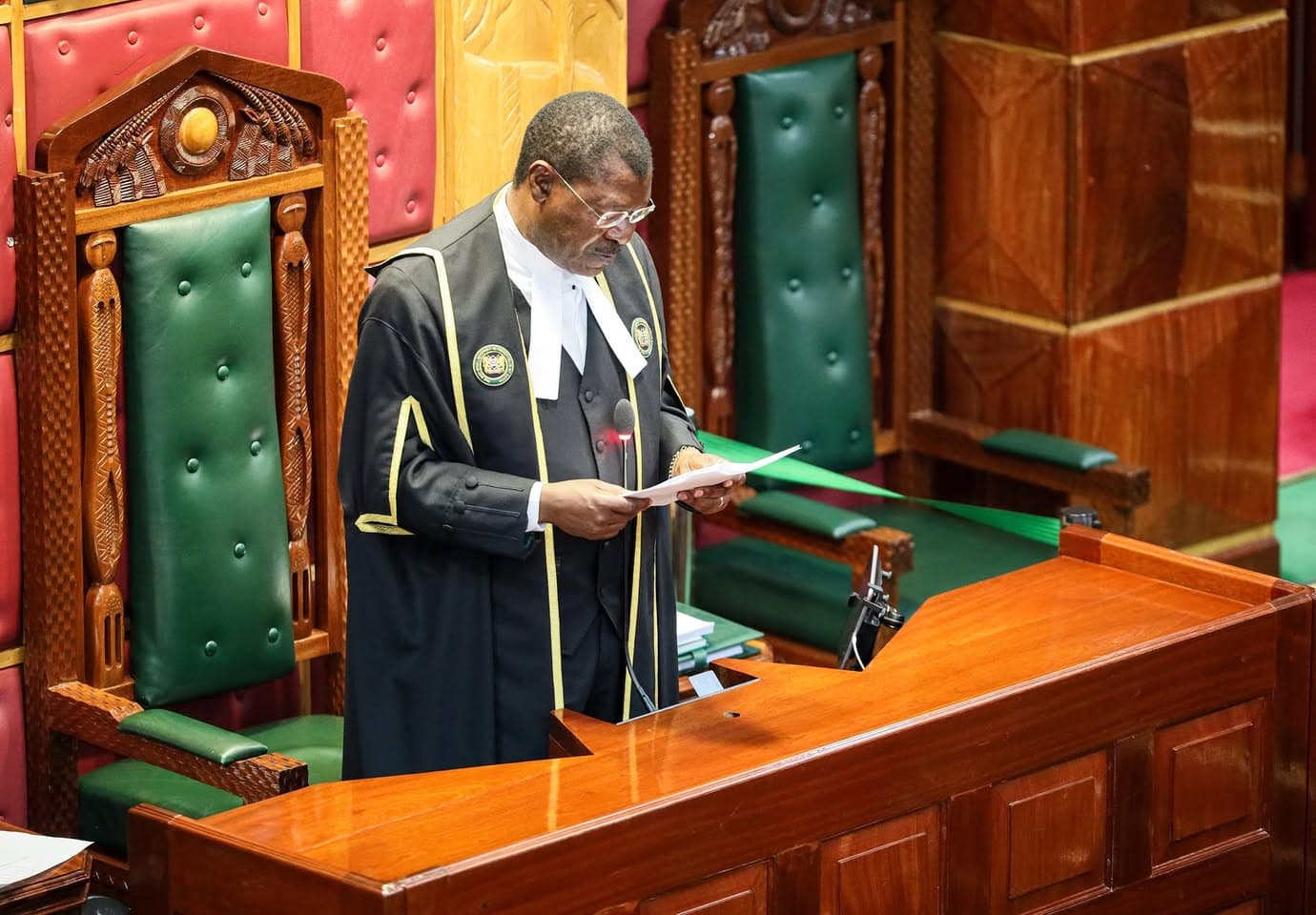We're loading the full news article for you. This includes the article content, images, author information, and related articles.
Kenyan lawmakers return to a packed legislative agenda dominated by controversial bills from the National Dialogue Committee (NADCO), poised to reshape the country's political and electoral landscape ahead of the 2027 general election.

Kenya's National Assembly resumes its sittings on Tuesday, November 4, 2025, after a two-week recess, with a legislative agenda headlined by a series of transformative bills originating from the National Dialogue Committee (NADCO). These proposals, born out of bipartisan talks between President William Ruto's Kenya Kwanza coalition and Raila Odinga's Azimio la Umoja coalition, are set to be the main focus for Members of Parliament in the final part of their fourth session before the long December recess. The talks were initiated to resolve political tensions following the contentious 2022 presidential election.
Central to the parliamentary agenda are several bills aimed at implementing the NADCO report's recommendations on constitutional, legal, and policy reforms. President Ruto has already signed into law two key pieces of legislation from the report: the Independent Electoral and Boundaries Commission (Amendment) Bill, 2024, and the Ethics and Anti-Corruption Commission (Amendment) Bill, 2024.
The IEBC (Amendment) Act, 2024, notably expands the selection panel for IEBC commissioners from seven to nine members to increase stakeholder representation. It also introduces professional qualifications in accounting and ICT for commission members and mandates a comprehensive operational review after each general election.
Lawmakers are now poised to debate several other significant proposals:
To ensure the execution of the NADCO report and a broader 10-point national agenda, President Ruto and Mr. Odinga announced the formation of a five-member implementation committee on August 6, 2025. The committee is chaired by former Senator Agnes Zani and includes members Fatuma Ibrahim, Kevin Kiarie, Gabriel Oguda, and Javas Bigambo. This body is tasked with conducting public consultations and will report its progress to the principals every two months, with a final report due on March 7, 2026.
The legislative push comes amid warnings from the Independent Electoral and Boundaries Commission (IEBC) against last-minute electoral law changes. Citing the 2008 Kriegler Commission report, the IEBC has cautioned that reforms enacted less than two years before the 2027 General Election could disrupt planning and undermine the poll's credibility. With only 21 months remaining, the timeline for passing and implementing these complex bills is tight.
While the NADCO reforms are primarily focused on Kenya's domestic political structure, their successful implementation could have ripple effects across East Africa. Stable and transparent electoral processes in Kenya, the region's economic powerhouse, are crucial for regional stability and investor confidence. International partners, including a European Union Election Follow-up Mission in February 2025, are closely watching the reform process, emphasizing the need for a fully functional and independent IEBC well ahead of the next election.
Other legislative matters on the parliamentary schedule include the Public Participation Bill, 2025, the Judges' Retirement Benefits Bill, 2025, and the Tea (Amendment) Bill, 2023. Additionally, the Cabinet Secretaries for Education and Health are scheduled to appear before the house to answer members' questions.
Keep the conversation in one place—threads here stay linked to the story and in the forums.
Sign in to start a discussion
Start a conversation about this story and keep it linked here.
Other hot threads
E-sports and Gaming Community in Kenya
Active 9 months ago
The Role of Technology in Modern Agriculture (AgriTech)
Active 9 months ago
Popular Recreational Activities Across Counties
Active 9 months ago
Investing in Youth Sports Development Programs
Active 9 months ago
Key figures and persons of interest featured in this article